GhostChaser
TPF Noob!
- Joined
- Aug 22, 2007
- Messages
- 10
- Reaction score
- 0
- Location
- Bristol, Rhode Island
- Can others edit my Photos
- Photos OK to edit
ISO, Shutter Speed, Aperture Priority, F-Stops, 25-300mm, Exposure, 15 elements in 14 groups, white balance...
What are all those things and why are they important!??! Do they all really matter for each and every shot? Should I shoot in Manual, Av, Tv, P, or Auto? Should I buy an external flash? Why do professional photographers carry a bag full of 57 lenses and filters? Machine wash or dry clean? Duct tape or superglue?
Can someone explain the absolute BASICS of all this for all us noobs?!?!
What are all those things and why are they important!??! Do they all really matter for each and every shot? Should I shoot in Manual, Av, Tv, P, or Auto? Should I buy an external flash? Why do professional photographers carry a bag full of 57 lenses and filters? Machine wash or dry clean? Duct tape or superglue?
Can someone explain the absolute BASICS of all this for all us noobs?!?!



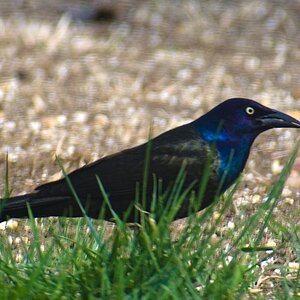
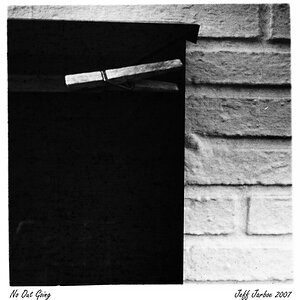
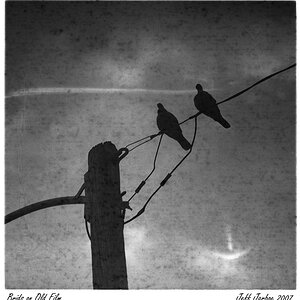
![[No title]](/data/xfmg/thumbnail/38/38444-6063bb59cb410c520a1ccccbe58db9c7.jpg?1619738614)
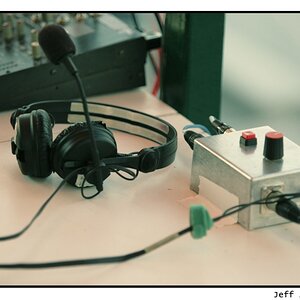
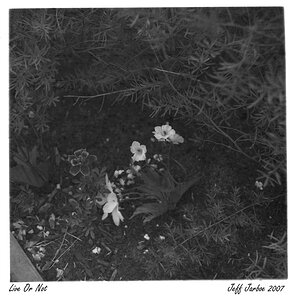

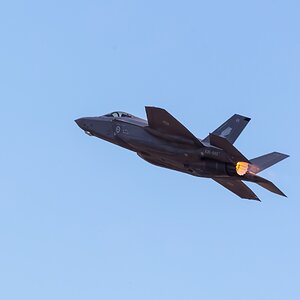
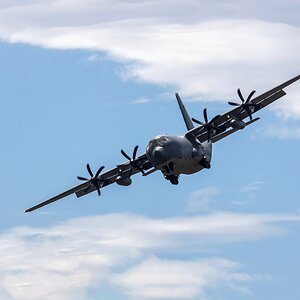
![[No title]](/data/xfmg/thumbnail/42/42021-ffc326f5dc5b4c65ce53935e6e9e4338.jpg?1619739980)
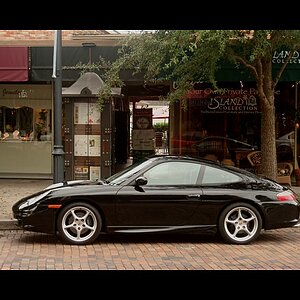
![[No title]](/data/xfmg/thumbnail/41/41423-156eb6e5a056cd1cbcf60e12a03f9d56.jpg?1619739809)